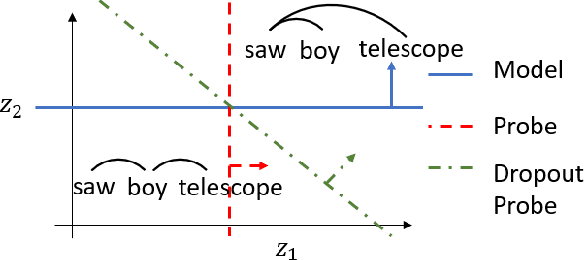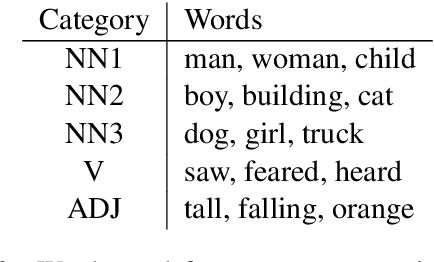When Does Syntax Mediate Neural Language Model Performance? Evidence from Dropout Probes
Paper and Code
Apr 20, 2022



Recent causal probing literature reveals when language models and syntactic probes use similar representations. Such techniques may yield "false negative" causality results: models may use representations of syntax, but probes may have learned to use redundant encodings of the same syntactic information. We demonstrate that models do encode syntactic information redundantly and introduce a new probe design that guides probes to consider all syntactic information present in embeddings. Using these probes, we find evidence for the use of syntax in models where prior methods did not, allowing us to boost model performance by injecting syntactic information into representations.
 Add to Chrome
Add to Chrome Add to Firefox
Add to Firefox Add to Edge
Add to Edge